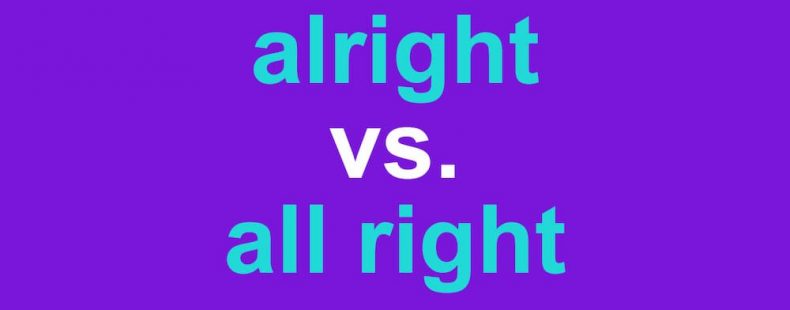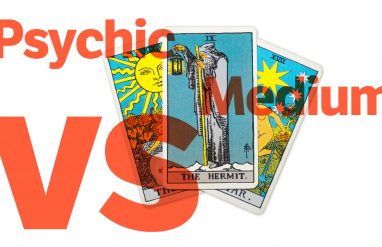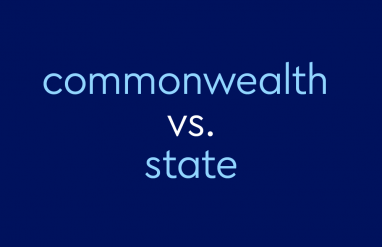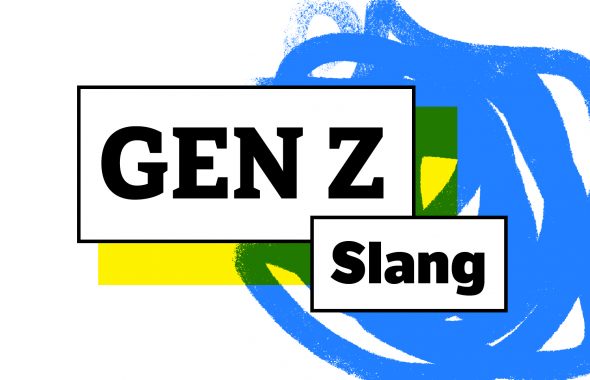Are all right and alright interchangeable? All right has a range of meanings including:
- “safe,” as in Are you all right?
- “reliable; good,” as in That fellow is all right.
- as an adverb, it means “satisfactorily,” as in His work is coming along all right.
- “yes,” as in All right, I’ll go with you.
Is alright a real word?
The form alright is a one-word spelling of the phrase all right that made its first appearance in the 1880s. Alright is commonly used in written dialogue and informal writing, but all right is the only acceptable form in edited writing. Basically, it is not all right to use alright in standard English.
And there is at least one instance in which alright would be all wrong and would alter the meaning of a sentence:
- Theo’s answers on the history quiz were all right.
Theo’s answers were all correct. The alternate spelling of alright (Theo’s answers on the history quiz were alright) would give the impression that Theo’s answers were good, but could have been better.
So, why is alright in use at all?
Its informal use is pretty widespread. The popular song “The Kids Are Alright” by The Who is evidence of popular acceptance of the informal alright. However, the creators of the 2010 film The Kids Are All Right couldn’t bring themselves to use the informal variant even if the title was a clear nod to The Who.
It is possible alright will find acceptance one day. Already and altogether are both examples of words that originated as two separate terms.














